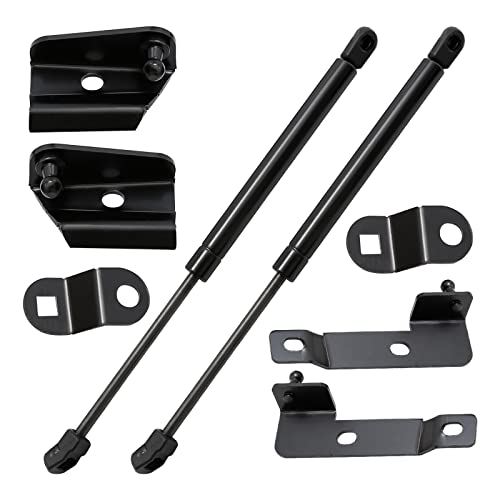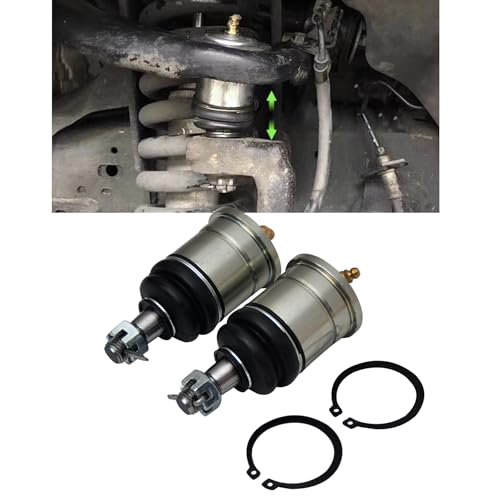D
Dave
Guest
SMOKERS may have to help foot the bill for Kevin Rudd's $18 billion health reforms, with the Federal Government considering the health and revenue benefits of a hike in the tobacco tax.
The Government's National Preventative Health Taskforce has called for a tax rise in the May budget that would add $6.50 to the cost of a pack of 30 cigarettes. The Henry Tax Review, due to be released in the next three weeks, is considering the option.
A tobacco tax hike could raise two-thirds of the $3 billion Prime Minister Kevin Rudd needs to pay for the health and hospital sweeteners he has offered the states, as he tries to win their endorsement of his health reforms.
But up to 3 million smokers would be hit if the price of a pack of 30 cigarettes rose from around $13.50 to $20 per pack over a three-year period under the preventative health taskforce model. The taskforce reckons such a hefty hike would reduce the number of smokers by a million within a decade.
This could help the Government save some of the $31 billion that smoking costs the community each year.
It would be the first rise in the tax rate on tobacco in more than a decade and would bring Australia into line with the rest of the world.
Australia has the third lowest tobacco tax rate in the developed world at 68 per cent.
Most other countries charge tax rates of between 75 and 80 per cent.
A Newspoll found 88 per cent of Australians backed such a tax rise provided the money raised was spent on health.
Health Minister Nicola Roxon said she supported a Coalition plan to raise the tobacco tax last year and she asked her department for advice on tobacco tax five times before last year's budget.
The government needs to find an extra $3 billion to meet its promises on extra funding for elective surgery, emergency departments and aged care during the next four years.
It will need to find a further $15 billion to fund the reforms between 2015-2020.
Part of the money will come from cuts to government spending such as the $1 billion saved from cutting government payments to pharmacists and $2 billion by reducing the amount it pays drug companies under the drug subsidy scheme. But the cutbacks won't be limited to the health portfolio.
The government would not state its position on tobacco tax last night but Health Minister Nicola Roxon conceded more money would have to be found for health.
"It is impossible to deliver better health and better hospitals without acknowledging that the cost of those services is increasing."
Thought's ?




























